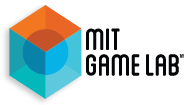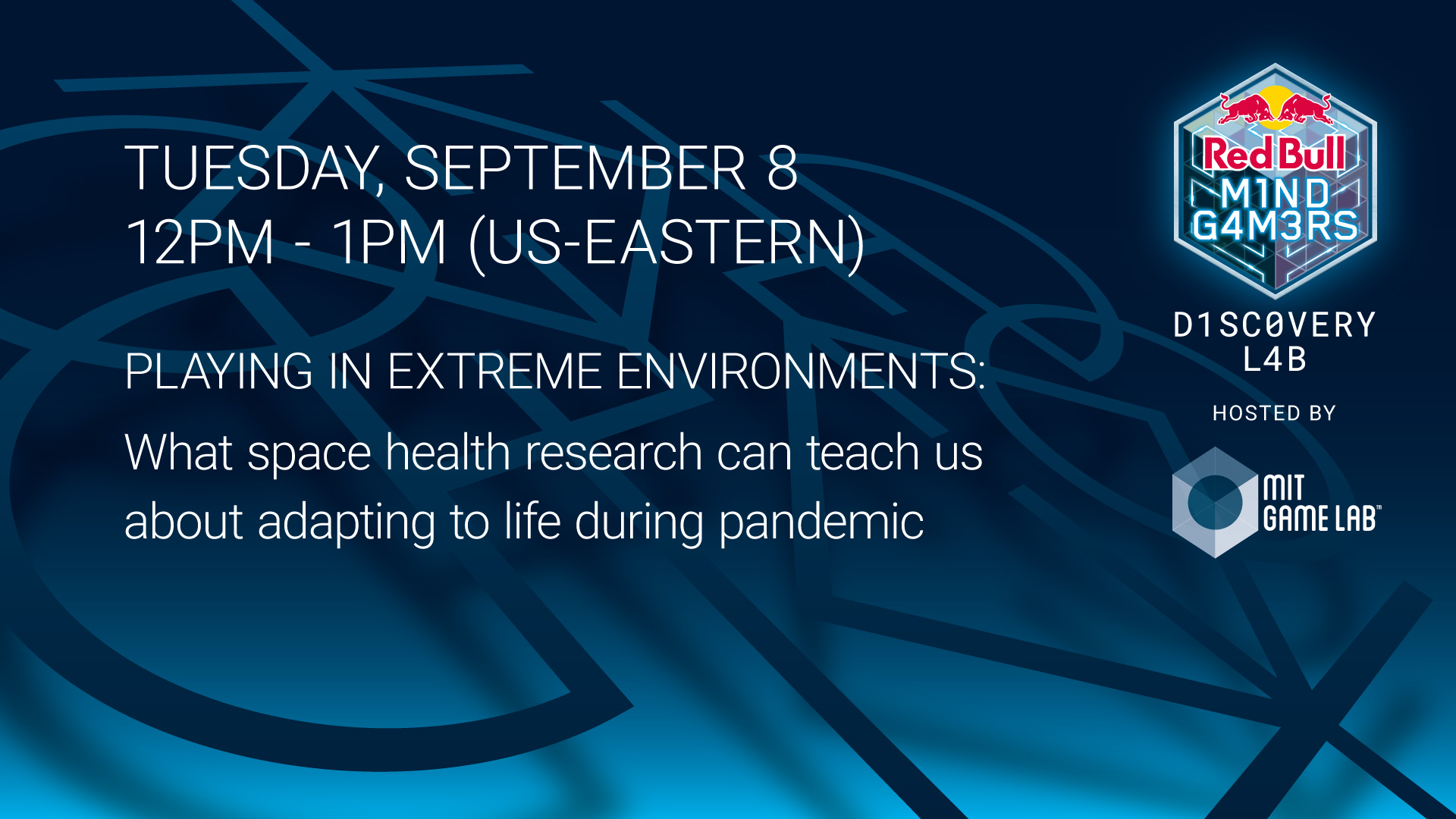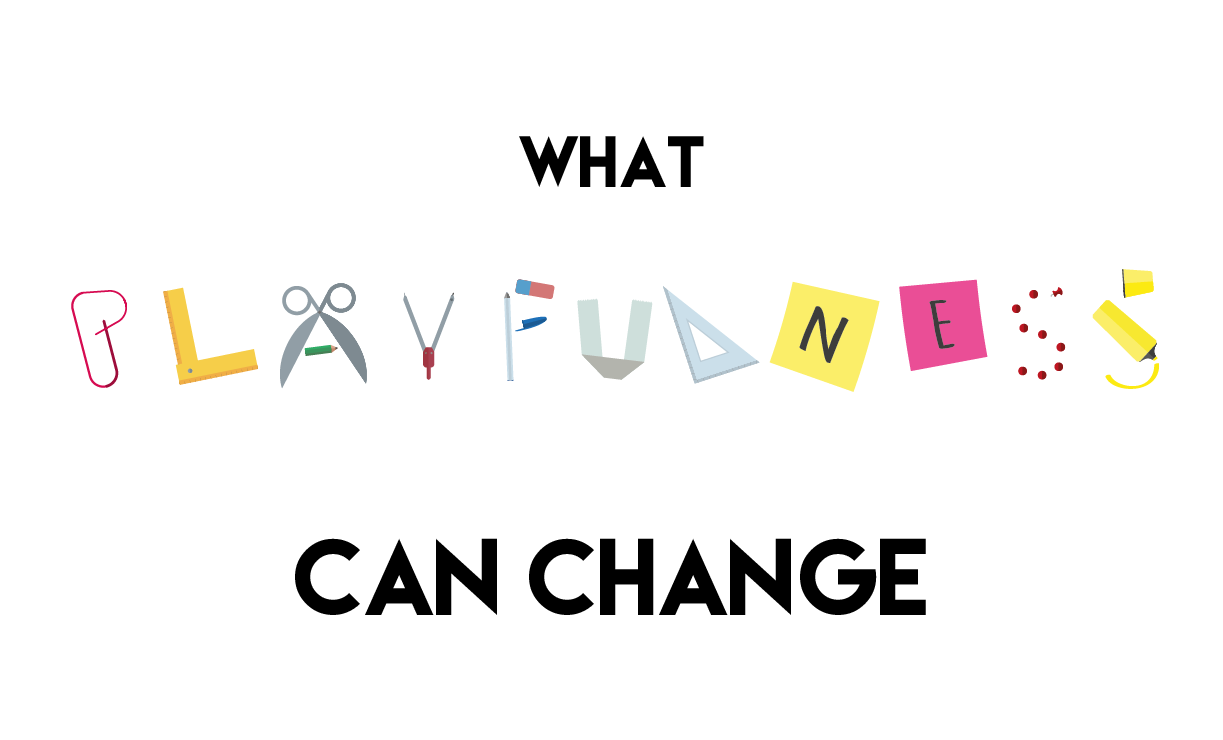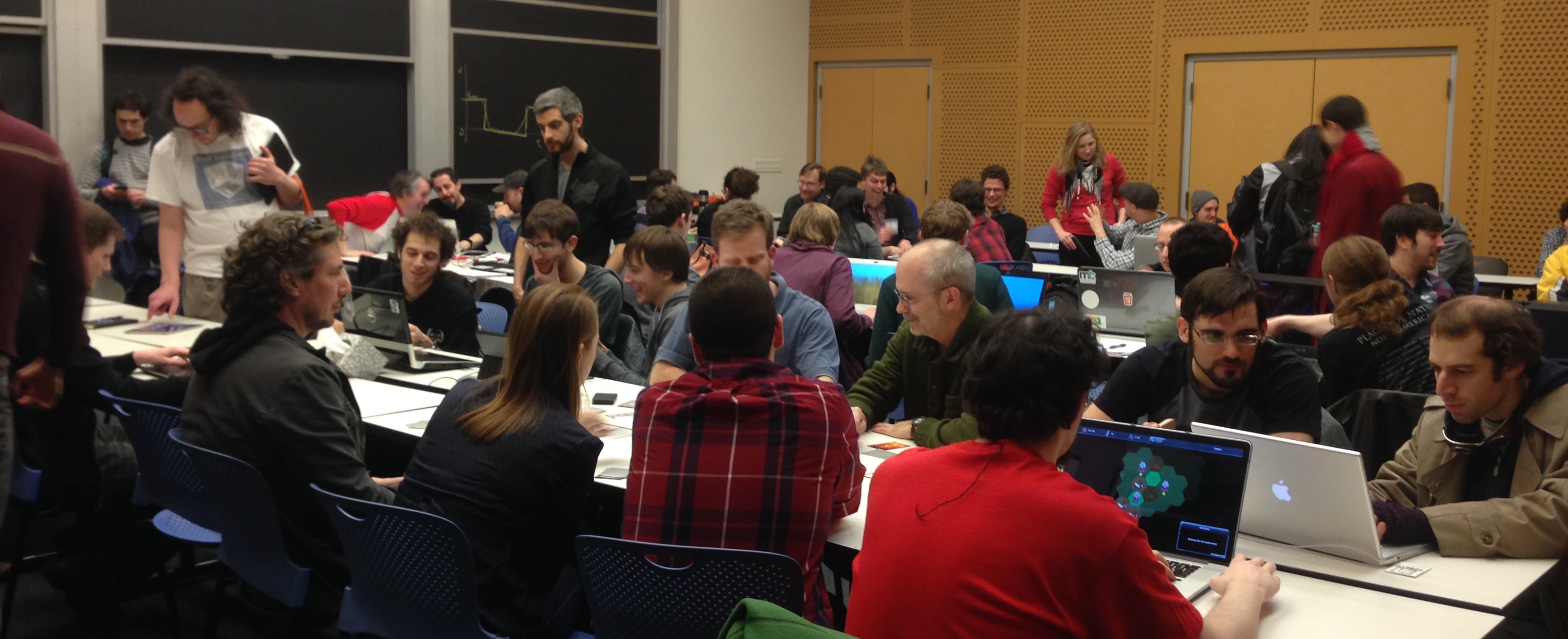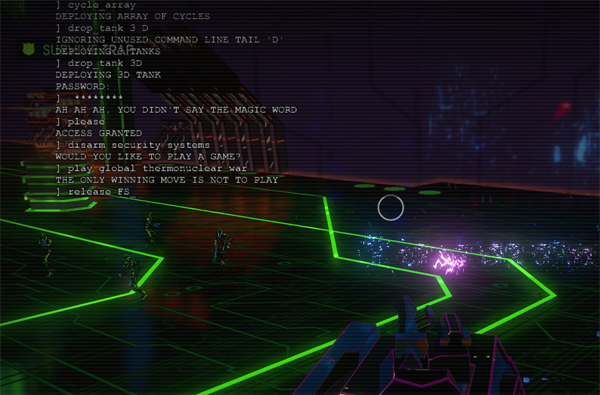Playing in Extreme Environments: What space health research can teach us about adapting to life during pandemic
Panelists will discuss their work in designing and studying living spaces for astronauts and we’ll connect this to the stressors affecting our current living situation. Astronauts also face the challenge of living and working in extreme environments. Surrounded by danger, extreme heat or cold, poisonous gases, or a lack of oxygen, they live in small living quarters, closed off from the outside world and with only tenuous connections back to their loved ones at home. But throughout all of this, not only do they find opportunities to play, they make it an important factor in their lives.
